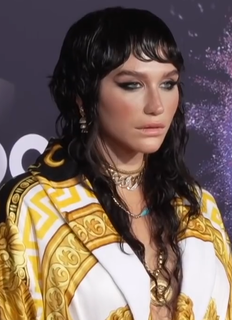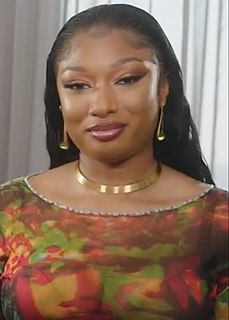A Quote by Catherine Hicks
The image I gravitate towards are spunky women, women who talk back.
Related Quotes
I just think of myself as a writer. Yes, I'm a woman. And I'm a writer. The main challenge is that I like to write stories about young women, and society doesn't place much of a premium on young women's stories. And I think that's why I gravitate towards it. I really honor that, and I treasure that time, and they should be given that respect.
if networks of women are formed, they should be job related and task related rather than female-concerns related. Personal networks for sociability in the context of a work organization would tend to promote the image of women contained in the temperamental model - that companies must compensate for women's deficiencies and bring them together for support because they could not make it on their own. But job-related task forces serve the social-psychological functions while reinforcing a more positive image of women.




































